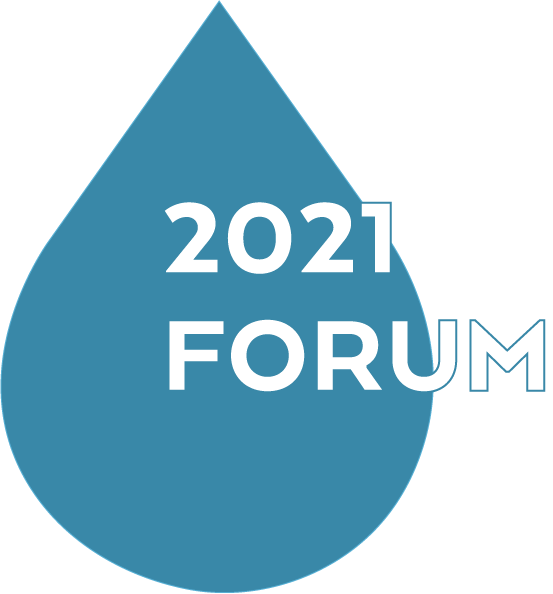Indiana Wetlands Forum
Indiana Wetlands II: Where are We Now?
Much has happened since our first co-hosted forum with Purdue in February. First, the passage of SEA 389. This was followed by the establishment of Governor Holcomb’s Wetland Taskforce. Lastly, the repeal of the Navigable Waters Protection Rule, a 2020 rule that narrowed the definition of “Waters of the United States (WOTUS)” which left isolated wetlands and ephemeral streams at risk. In this follow up forum, researchers from several Indiana universities join with environmental management professionals and policy experts to discuss wetland hydrology and ecology, how wetland footprints are affected by changing legislation, and how resulting ecosystem services are lost or gained. The speakers will also address recent legislation and identify future management issues.
October 5, 2021
3:00 pm – 5:30 pm
Virtual Platform
Meet the Speakers
Indiana Wetlands II Recording

Topical Forums
- River Assessment Field Team (RAFT)
- Monthly Sampling Events
- RAFT Habitat Evaluation Event – March 22
- RAFT Monthly Sampling Event – March
- RAFT Sampling Event – April
- RAFT Monthly Sampling Event – May
- RAFT Monthly Sampling Event – June
- RAFT Sampling Event – July
- RAFT Monthly Sampling Event – August
- RAFT Monthly Sampling Event – September
- RAFT Sampling Event – October
- RAFT Monthly Sampling Event – November
- RAFT Monthly Sampling Event – December
- RAFT Volunteer & Training Program
- RAFT Corporate Events
- River Assessment Field Team (RAFT) Volunteer Registration
- RAFT Online Training
- RAFT Sampling Data
- Monthly Sampling Events
- White River Art Canoes
- Local Clean Water Campaigns
- Science & Policy Forums
- The White River Report Card
- White River Clean-Up
- White River Paddle Days and Festival
- Stormwater Landscape Maintenance Training
- Indiana Water Summit
- The Collective Tap Podcast
- Clear Choices Clean Water
- StormWater Action Teams (SWAT)
- Trained Individual Contractor Certification
- State of the Waters
- Regional Stormwater MS4 Program